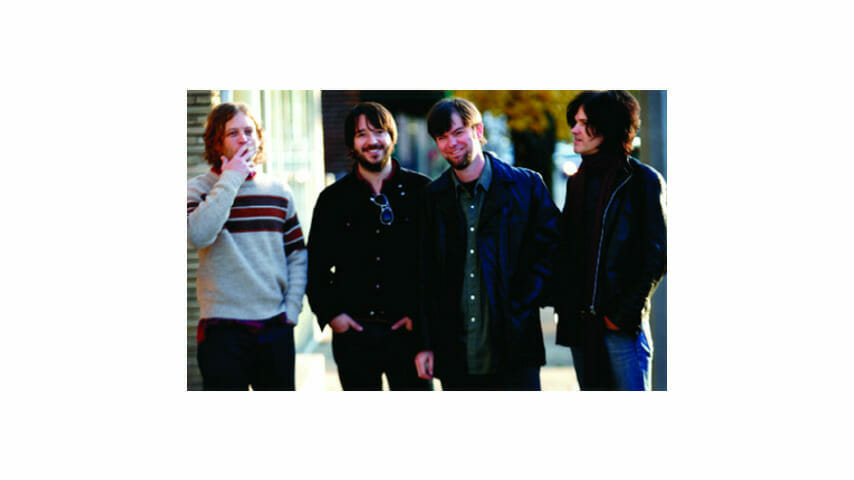
Jay Farrar pushes boundaries, boundaries push back
Jay Farrar’s voice is like a ghost; a spirit exiled from nostalgia, it has yet to find a body in the modern world. The age it once channeled with Uncle Tupelo was a time when having a voice—a real voice—was good enough. But, since then, Farrar’s ragged baritone hasn’t sounded entirely comfortable in other musical situations. On his last album, 2005’s Okemah and the Melody of Riot, it often sounded mournful and restless—like it wanted to roam some distant, lonesome hills while Farrar rocked out in the studio, trapped in his fleshy, earthly prison.
On The Search — his second album since reviving the Son Volt brand — Farrar discovers some genuinely exciting new haunts, and frontloads them conveniently. The disc-opening “Slow Hearse,” a Beatles-ish piano cycle with Farrar repeating “feels like driving ’round in a slow hearse” is as great a prelude as one could hope for, his ache at full mast. “The Picture,” which follows, supplements Farrar with bright Stax-like horns. It’s another perfect setting, one he could (and should!) occupy for a full album. “We know when we get there, we’ll find mercy,” he sings, sounding, as always, as if he’s articulating for dustbowl refugees, his voice fading like the edges of a face in an old studio-set portrait.
On the record’s latter half, Farrar reverts to the plaintive loveliness that made Son Volt’s first two albums so wrenching, his prodigal vocal wrapping itself around the swelling steel guitar of “Methamphetamine” as if it’s finally returned home. The steel reappears in “L Train,” and — even when Farrar sings about penetrating Williamsburg, Brooklyn’s hipster enclave — the song’s soul remains on a long stretch between late-night tollbooths. “Highways and Cigarettes” (a duet with Shannon McNally) and the disc-closing “Phosphate Skin” continue in the same vein.
When The Search concludes, Jay Farrar is still Jay Farrar, his grand finale a benchmark of modesty. His is a voice that will sound stately with age, craggier and even more weary. “It can only get better from here,” Farrar croons as the album swirls to a close, “don’t really have any fear.” Farrar’s voice will find a home, a real home, sure as it was born. Everything else is just passing time.